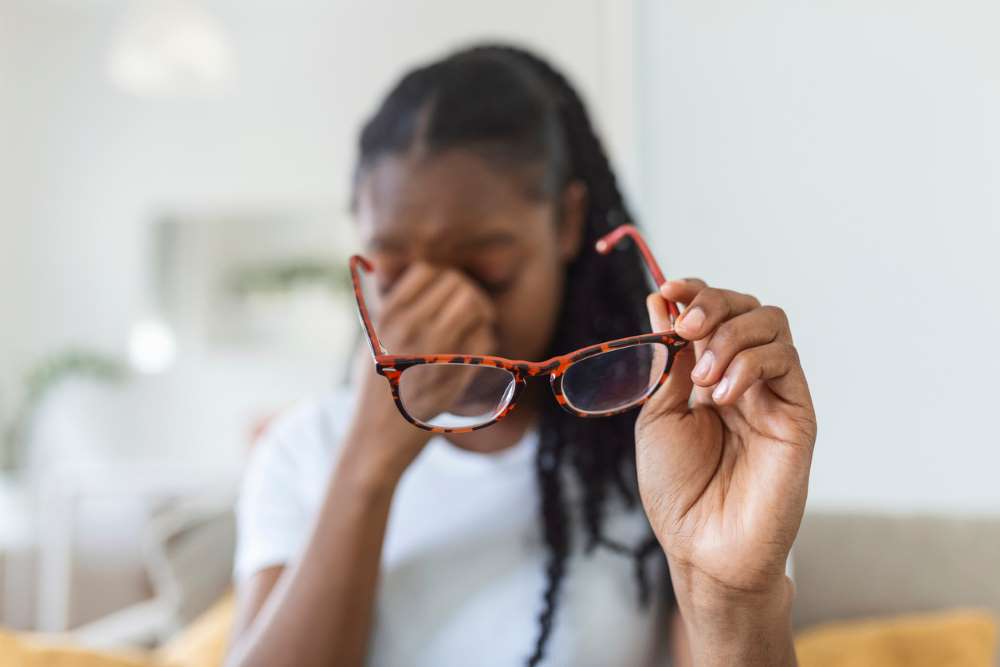
When children are at school, they can often undergo specialist testing for their health and their educational levels. The latter are great, offering a good idea of where your child is in terms of their learning and what you might need to do next, whether that’s to work on various aspects of their education at home, call in additional help, or think about what steps you might take next (if any) if they are exceeding expectations.
When it comes to health, however, the tests that are carried out at school are often only surface level and don’t go into much depth, meaning that many conditions can be missed. The tests usually focus on eyesight and hearing, and with so many different children to deal with, they certainly won’t be exhaustive. This can mean that your child might have vision problems, but they aren’t diagnosed at school.
The figures suggest that around 10 percent of children will have vision issues that are significant enough to cause issues with their learning, but that the quick tests carried out during school time can miss as many as half of these cases. This is why it is so crucial that, as a parent, you look out for any vision problems that your child might have, and take them to the optometrist as soon as possible if you think there might be an issue. Eyesight problems in children do need to be solved as soon as possible because if they’re not, they can go on to affect the child’s learning. Here are some of the ways this can happen.
Poor Vision Can Cause A Lack Of Confidence
If a child thinks they aren’t smart (due to not being able to focus or understand what is written, for example), then this can easily become a self-fulfilling prophecy, and because they assume they don’t have the intelligence needed, they just don’t try at school. They assume they are ‘dumb’ and lack the confidence to try new things, make an extra effort with their schoolwork or homework, or even to answer questions in class. A child who has a lot more confidence in their academic abilities is sure to do better at school – and in life – than one who lacks that confidence, which can come about due to vision problems.
Having your child’s vision tested by a professional is the best thing to do, and the results can make all the difference. It may be that they need to wear glasses or, when they are a little older, UV contacts, and correcting the vision in this way means that they can gain their confidence back and start to make great strides in their learning.
Vision Problems Can Make It Hard To Concentrate
Children who suffer from vision problems have a difficult time concentrating in class. It might be that they cannot read the words written on the whiteboard or any screen at the front of them, or perhaps their vision means they can’t read well from a book or screen close to them. Whichever it is, both learning conditions will be part of their everyday school life, and if they cannot read the information they are being offered, it is going to be hard to focus on the lesson at all.
Of course, the truth is that being able to concentrate in class means that your child will stand a much better chance of succeeding. The more they can focus on a lesson, the more they will learn and the more information they will retain, helping them to push further with their education and to enjoy it as well. If they are unable to do this because of their vision problems, they simply won’t be able to get as far, no matter what potential they might have had.
Poor Vision Can Cause Poor Hand-Eye Coordination
Learning is great, but recess is actually just as important, and being able to enjoy that time between classes to recharge and reassess or just have some crucial downtime is a vital part of every child’s school day. Gym class is the same; some might not think it’s quite as important as book learning, but it’s all part of a well-rounded education and is good for your child’s health. Playing sports and games in the fresh air is something that should be encouraged as much as possible because of the health and fitness assistance it can bring and the fact that it helps children learn how to play in a team. Studies have even shown that when kids can burn off their excess energy during gym or recess, they can concentrate better when they’re back in the classroom.
Unfortunately, children who have undiagnosed vision problems will often try to avoid any kind of games or sports as much as possible. This is because their hand-eye coordination can be affected negatively, meaning that they are unable to accurately throw or catch, or their depth perception might be a problem. In other words, they can’t play sports well, so they try to avoid it where possible or at least put the minimum effort in. This means they don’t develop a good idea of how to keep fit, and they may not do so well in other classes because they didn’t have a chance to burn off all that energy.



























